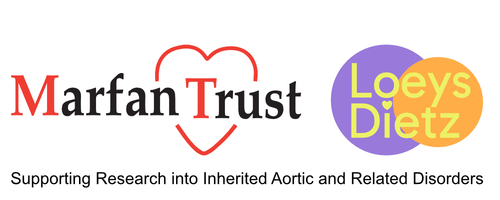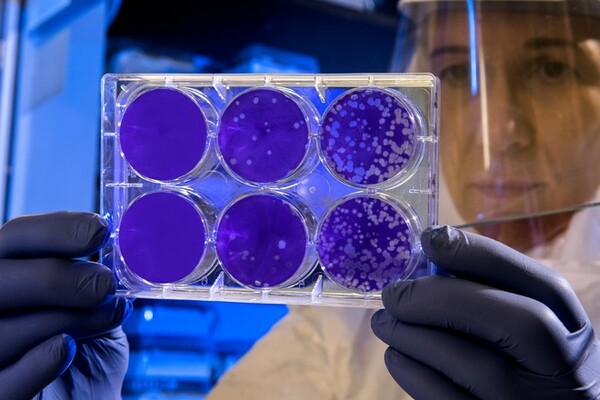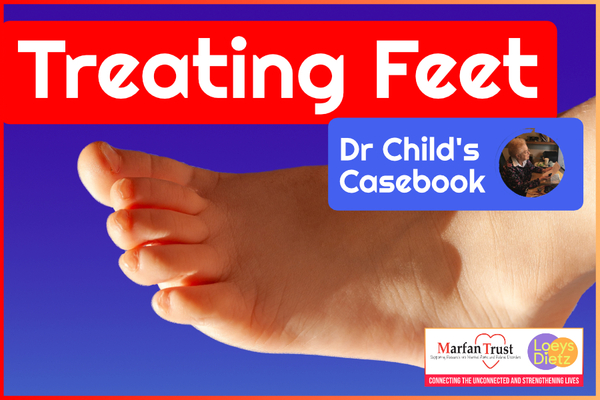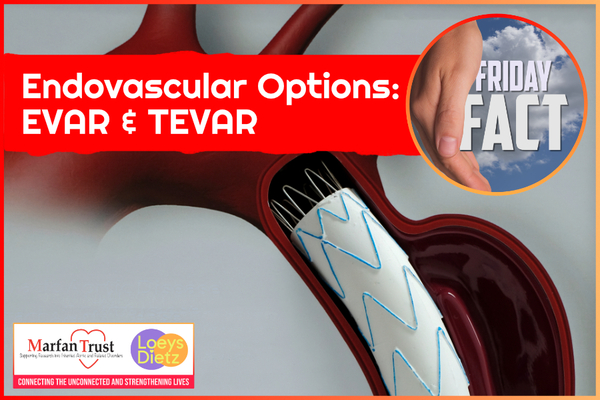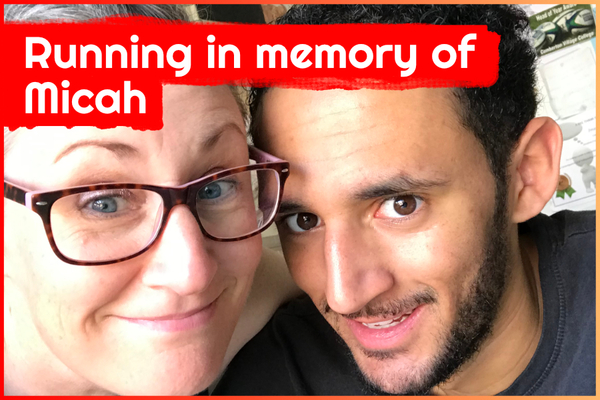Frozen skin cell samples donated in the past by Marfan syndrome patients with known gene mutations, are being wakened up to test new medications in the laboratory. The purpose of this study is to create stem cells from fibroblasts in the skin.
Background
These "master cells" can form any type of cell found in the body. They are grown in a Petri dish in the laboratory, producing "disease in a dish". These cells can be induced to form smooth muscle cells which are found in the heart and blood vessels. This type of cell is very important in Marfan syndrome as one of the major medical problems is that the aorta (the largest artery in the body) can dilate and tear. This enlargement is due to inflammation and death of smooth muscle cells in the aortic wall. Although we know the genetic errors in the fibrillin-1 gene which cause Marfan syndrome, it is not clear how mutations in this gene lead to death of smooth muscle cells in the aorta.
By culturing these cells in the laboratory we can study the reasons why the smooth muscle cells undergo inflammation. We can also use the cultured cells to test possible beneficial effects of new drugs and treatments.
How does it work
Cells donated by patients in Dr Child's Marfan Clinic over the past few years have been donated by patients and will be used anonymously. We will study whether cells from patients with serious cardiovascular features are responsive to new medicines added to the Petri dish. These medicines have been developed and approved especially for this purpose. Instead of planning huge drug trials which are very expensive and take many years to complete, we shall start first by testing the drugs on patient cells.
If a positive response in the quantity and quality of fibrillin-1 fibrils is found, then that medicine could be tested in a subsequent clinical trial.It is also much more valuable to study cells from human patients, rather than doing studies in a mouse model, because the results will be much more relevant to human disease.
Conclusion
This exciting new approach has been developed by Dr Sanjay Sinha and colleagues at Cambridge University. Dr Sinha is using donated cells from several Marfan clinics and at present has sufficient cells to complete his study in 2022. The study is financed by funds from British Heart Foundation, and the Marfan Trust contribution is funded by donations from patients and other donors. Thank you all for donating, and we will continue to participate in collaborative studies such as this which will benefit all Marfan syndrome patients.
Photo by CDC on Unsplash
